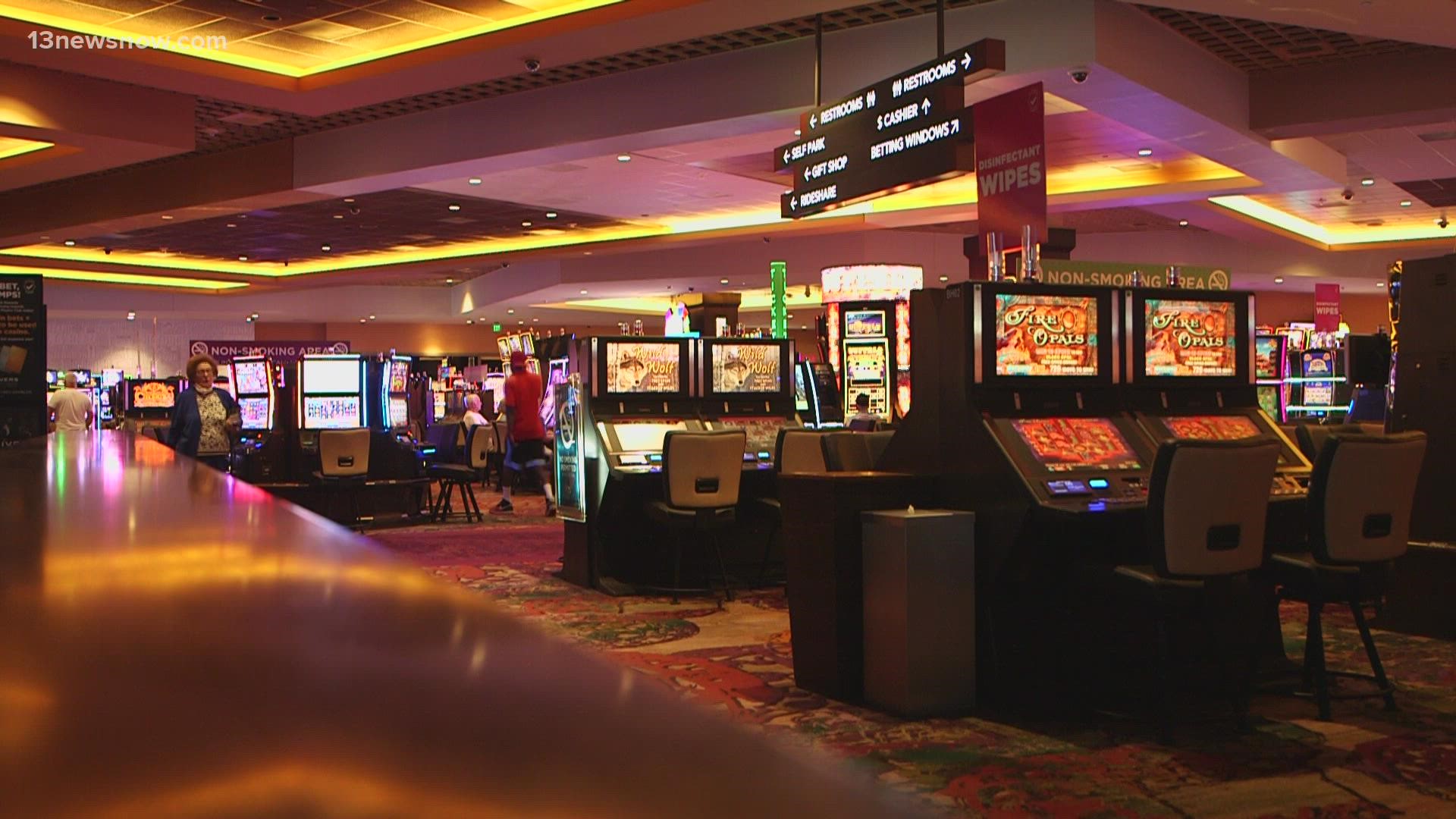Examining the Morality of Gaming Casinos

Gambling in casinos has long been a topic of interest and controversy, attracting millions of players globally. With a mix of chance, skill, and the thrill of risk, casino games offer an exciting escape from everyday life. However, as entertainment becomes ever more accessible, it invites a deeper examination of the morality surrounding these games.
At the heart of the discussion lies the question of whether casinos promote responsible gaming or exploit at-risk individuals. The appeal of potential winnings versus the reality of losses can create a complex situation, and understanding this balance is crucial for both players and operators. As we delve into the ethics of casino gaming, we will explore the responsibilities of casinos, the impact on society, and the measures that can be taken to foster a healthier gaming environment.
The Impact of Casino Gaming on Society
Casino gaming has a notable influence on the community, affecting not only the financial landscape but also interpersonal dynamics and community structures. The revenue generated from casinos can lead to job creation and boost local economies, as they provide numerous employment opportunities in multiple fields including hospitality, entertainment, and retail. However, while the economic advantages can be substantial, communities often struggle with the potential negative impacts that arise from increased gambling activity.
Additionally, the presence of casinos can lead to an increase in gambling addiction, presenting serious challenges for individuals and families. The thrill of casino games can quickly evolve into a habitual habit, affecting personal relationships and leading to financial instability. Many players may find it difficult with the loss of control over their gambling behaviors, resulting in a need for community support services and help to address this increasing issue. The social cost of addiction can extend through families and neighborhoods, creating an urgent need for sensible gambling approaches.
In addition to the economic and social ramifications, casino gaming often reflects cultural attitudes towards uncertainty and entertainment. It can foster a sense of excitement and leisure, attracting tourists and boosting tourism. However, this allure may also mask the broader implications of gambling as a method of entertainment, raising ethical questions about its promotion and accessibility. As communities weigh the advantages and drawbacks of casino gaming, the need for sensible approaches and regulation becomes increasingly critical in ensuring that the beneficial elements are maximized while minimizing the negative effects.
Moral Issues in Betting Activities
The morality of casino gaming often center around the risk for dependency and its consequences on people and families. Gambling can lead to serious monetary distress, impacting not only the gamblers but also their families. As individuals become caught in the allure of winning, many lose sight of their budget, which can result in catastrophic results such as bankruptcy. This raises moral questions about the duty of gambling establishments in fostering safe gaming practices and offering support for those who may be struggling with betting addiction.
Another major issue is the advertising of betting to at-risk populations. 79 KING Casinos often aim at low-income people or communities with the promise of fast rewards, which can perpetuate cycles of financial struggle and despair. In this context, the morality of marketing strategies used by casinos come under scrutiny, as they may take advantage of the need of people seeking an escape from financial hardships. This manipulation raises moral questions about the integrity of the gambling industry and its responsibility to protect its most vulnerable customers. https://79king.training/
Additionally, the effect of casino operations on the community as a whole cannot be overlooked. While some argue that casinos create employment and stimulate local economies, others point to the social costs associated with problem gambling, increased criminal rates, and a burden on public resources. Balancing economic benefits with the potential for social harm presents a challenging ethical dilemma for policymakers and casino operators alike. The difficulty lies in discovering a responsible approach that prioritizes the well-being of individuals and society while still allowing for the pleasure of casino gaming.
Regulation Structure and Obligations
The oversight system related to casino operations is developed to ensure fairness, integrity, and gambler protection. Various government agencies and gaming commissions establish and apply regulations that dictate how gambling operations operate, the guidelines for activity design, and the procedures for managing rewards. These regulations differ by jurisdiction but usually involve licensing requirements for operators and stringent measures to prevent cheating and dishonesty.
In addition to oversight bodies, gambling operators bear major duty in preserving moral standards within their establishments. They must implement ethical gaming practices that promote gambler security and consciousness, including offering self-limitation options and providing information about the hazards associated with gambling. Establishments are also obligated for instructing employees to recognize signs of problem gaming and be aware of the proper steps to assist visitors in trouble.
Moreover, clarity in gaming operations is crucial for building and maintaining public confidence. Operators should provide clear data about the odds of activities, promotional deals, and any associated hazards. By promoting an atmosphere of honesty and trust, casinos can help lessen the possible negative impact of gambling while improving the overall gambling experience for all gamblers.
